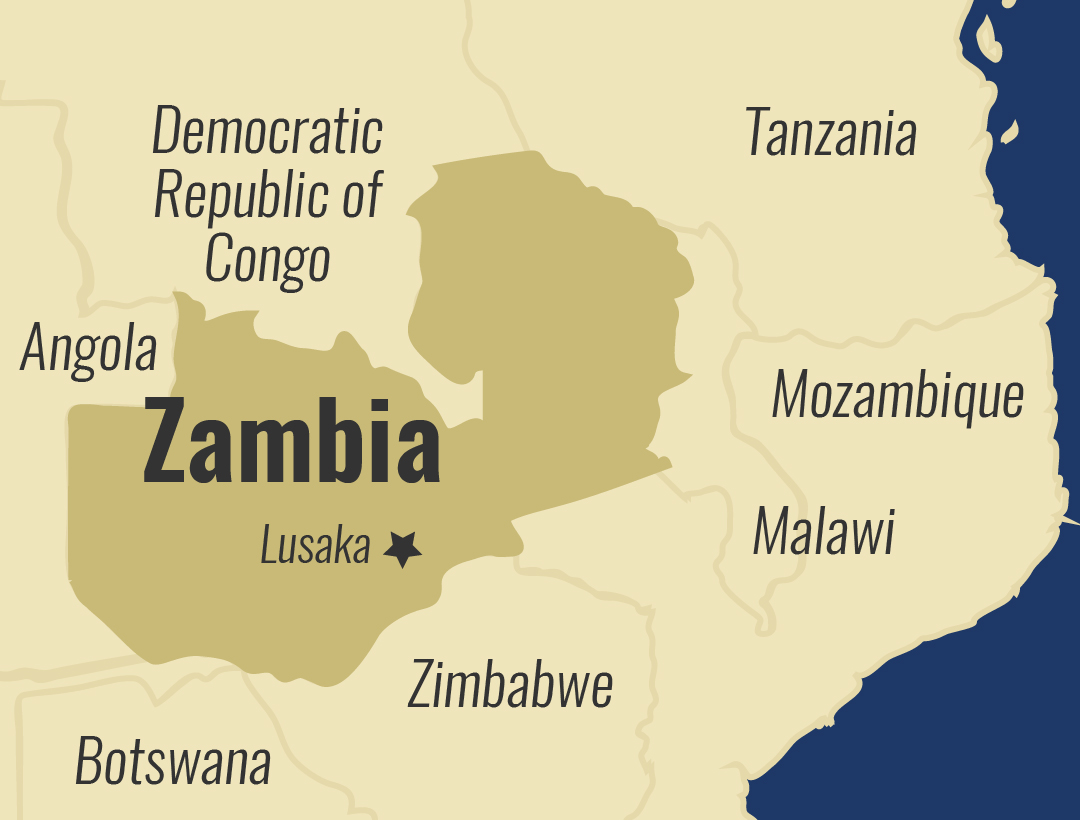
Egypt develops jasmine oil trade to earn hard currency

A couple of hours before dawn, a lot of farmers and laborers in Shubra Beloula village of Gharbiya Province in northern Egypt start picking fragrant jasmine flowers from widespread bushes until sunrise, collecting them in baskets to be sent to nearby jasmine oil extraction factories.
Egypt is distinguished worldwide for jasmine trade as it exports jasmine absolute and concrete to many parts of the world for perfume-making purposes, particularly Europe.
At one of the fields, a woman with her three daughters were busy picking and collecting the blossoming jasmine flowers.
“I’ve been working in harvesting jasmine petals since I was a child, and now, my three children are working with me,” said the 41-year-old villager Abeer Fathy.
The woman and her daughters, along with other laborers, work for Amer Mohamed, a man in his late 30s who owns the 8,400-square-meter field and has established a small factory of his own to extract the flowers’ oil.
“I have been selling jasmine oil and concrete to exporting companies in Egypt, but this year, I started to export to the United States myself and I sent samples to some other countries for potential deals,” Mohamed told Xinhua.
At a nearby field, 33-year-old Sadiq Fikry was among a group of workers who were busy harvesting the remaining bushes of jasmine.
“The jasmine flower harvest season runs from June to November, and we have to pick all the flowers today because new flowers will blossom and replace the picked ones,” Fikry said, adding he has been doing this job since childhood.
Egypt produces about six tonnes of jasmine concrete every year, 70 percent of which comes from the province of Gharbiya. Each tonne of jasmine concrete can produce at least half a tonne of oil.
The jasmine trade provides Egypt with 6.5 million U.S. dollars annually and contributes to the income of some 50,000 people, according to the International Federation of Essential Oils and Aroma Trades (IFEAT), which says 95 percent of the world’s jasmine extract for perfumes comes from Egypt and India.
Almost 100 percent of Egypt’s Jasmine production is exported, providing a hard currency source to the country, said an IFEAT report in early 2019.
“Egypt’s jasmine trade has been going on for decades and the country grows about 81,000 feddans (34,020 hectares) of medical and aromatic plants nationwide and is planning for their expansion in the near future,” Hossam Awwad, a professor of medical and aromatic plants at Egypt’s Agricultural Research Center, told Xinhua.






